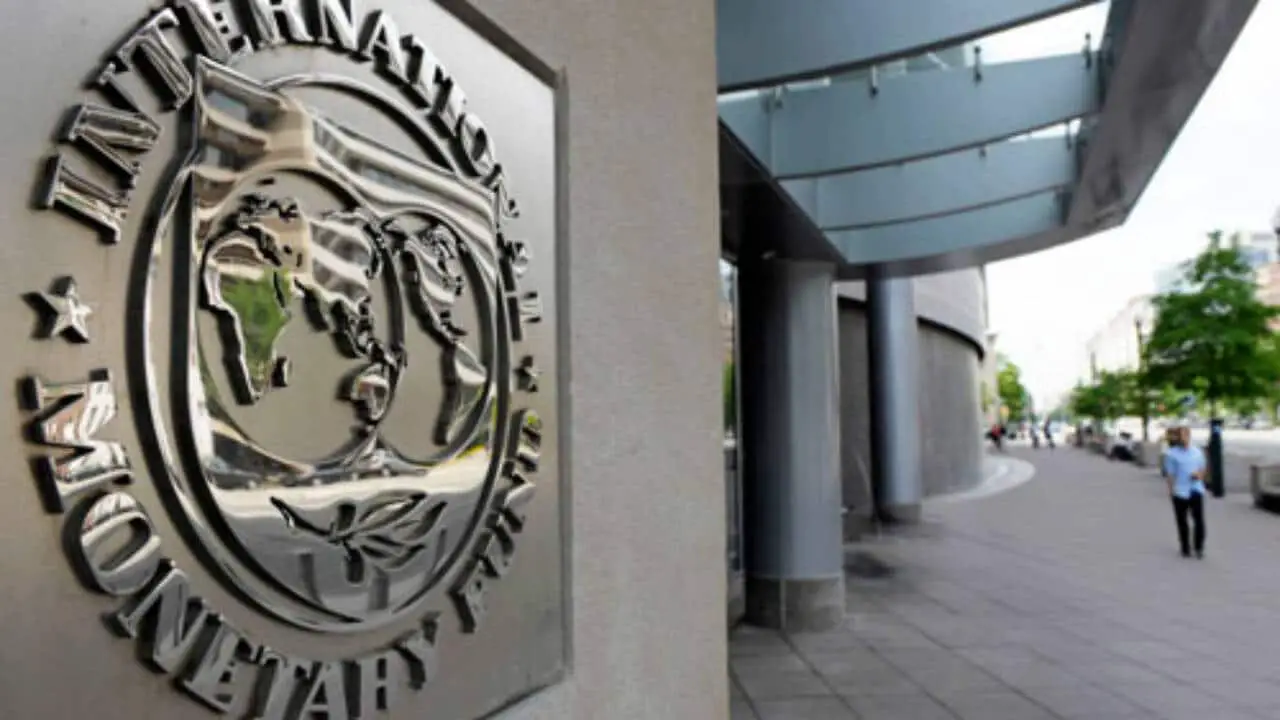Publishing a new version made up of the Fourth Article Report on Nicaragua, prepared by the board of the International Monetary Fund (IMF), continues to be very complacent with the regime of Daniel Ortega and Rosario Murillo, consider three economists consulted by CONFIDENTIAL.
On November 16, 2022, the IMF mission, led by Alina Carare, who spent a week in Managua, issued a report full of praise for the Government of Nicaraguaspeaking of supposed improvements in transparency, or in the “governance and anti-corruption frameworks”.
Regarding this text, the economist Enrique Sáenz published an analysis in CONFIDENTIAL in which he pointed out that “The text contains such flagrant omissions and exhibits such evident misrepresentations and falsifications of reality that any moderately informed Nicaraguan ends up wondering if they obey ignorance, naivety, or complicity.”
What changes in the revised IMF version?
After more than two months, this January 27, the IMF Board published its revised version of the Report prepared by the mission sent to Nicaragua in Novemberremoving some of the flattery, though not all.
“They changed the most unsustainable aspects, but they preserved some lies and some half lies,” said another of the economists.
“Directors praised the authorities’ commitment to continue adopting prudent policies to strengthen room for maneuver for policy implementation, economic growth, and resilience,” the Board cites, without making further reference to the deteriorating business climate or the Democratic governance in Nicaragua.
Even with those changes, this new document can continue to be considered a “support from the Fund, which will translate into support for the Government of Nicaragua to obtain more money, while people keep leaving the country”, as a sign of how bad things are, said one of the experts.
“It is that the IMF is not interested in those elements of democracy, but only the macroeconomic fundamentals, even if they are obtained at the cost of vital elements such as education, social development, and the improvement of people’s living conditions,” added the expert, although the Report says that his staff insisted on “the need to redouble efforts to improve the business climate, transparency and the governance framework.”
The end justifies the means?
Proof that what the Fund cares about are the results, and not so much the how, is its decision to encourage “the authorities to further strengthen the effectiveness of the framework, including the non-profit sector”, regarding the fact that the country is no longer on the Financial Action Task Force’s gray list (FATF).
In doing so, obviate the closure of thousands of NGOs; and ignore the complaints from the private sector and independent professionalswhich point out the danger that reforms to laws 976 and 977are used for spy on and punish anyone they consider to be an opponent or dissidentas well as the fact that its implementation is in the hands of the military and police, who, on the other hand, refrain from taking any measure when a personero of the regime receives international sanctions, when the normal thing is that they should initiate an investigation ex officio against that person.
A third economist told CONFIDENTIAL that if the Fund’s Board of Directors lowered its complacent language, it was because it received “pressure, but they continue to give it the benefit of the doubt. After the November Report, there was annoyance from the international community due to the IMF’s condescension towards the regime, so they tried to be a little more critical in this version of the Directory”, he related.
Despite this possibility, the new version of the text says that “the directors considered the measures adopted recently to increase fiscal transparency to be correct”, apparently, referring to some unknown measures that the Comptroller General of the Republic would have taken “to strengthen the supervision of spending in relation to the use of public funds”.
It also says that they “congratulated the authorities for the publication of the first report on fiscal risks and the first external audit review on the use of funds earmarked for Covid-19,” despite the fact that this document is not known in Nicaragua.
“Directors noted the steps taken to strengthen governance and anti-corruption frameworks,” but “highlighted the need for further efforts to fill remaining gaps. They also emphasized the need to strengthen the asset declaration regime for public officials ”, reads the text.
Despite reports from independent economists who doubt the reliability of the regime’s statistics, the directors “welcomed the authorities’ commitment to improve the quality and consistency of the statistics, based on the recommendations of technical assistance of the IMF”, a request that, on the other hand, they have made over, over and over again, over the years, without ever materializing.
Looking at economic performance for this year, the IMF forecasts that “GDP growth will moderate to 3% in 2023, mainly due to the global slowdown. Inflation—which was at 11.4% in November 2022, mainly due to higher import prices—is projected to decline in 2023, given lower growth and the expected significant reduction in global inflation.”
However, they warn that these “favorable prospects” are subject to uncertainty and downside risks, primarily related to external developments, natural disasters or a deterioration of the business climate and the hardening of international sanctions, such as those that have been applied by the United Statesthe European Union and its Western partners, against accomplices and relatives of the regime, as well as some public sector entities.


















